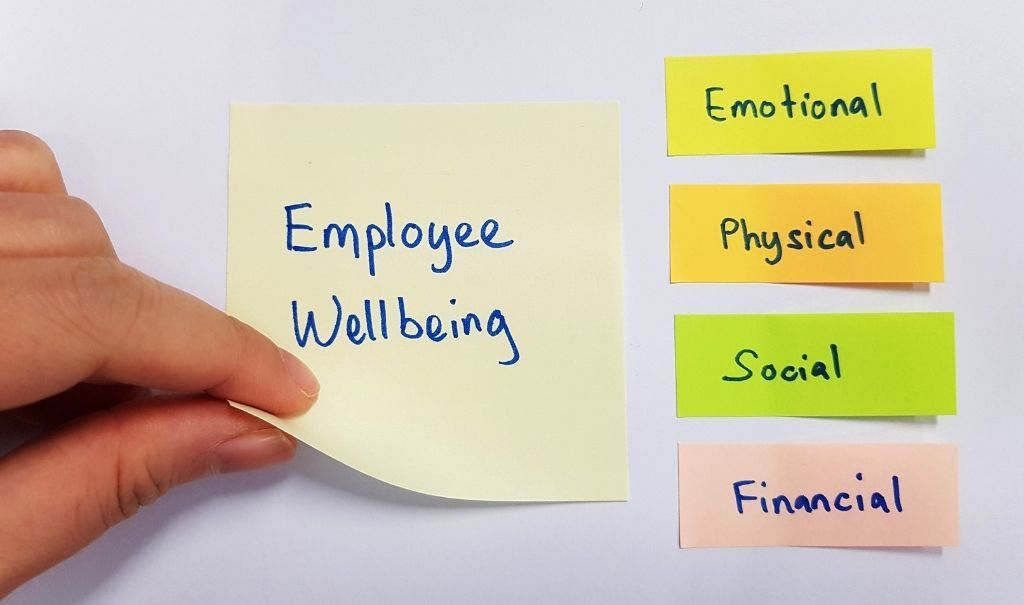The True Cost of Prescription Charges in England

| W.E.U Admin | Physical Health & Lifestyle
TAGS: England, NHS, Prescriptions
On 1 May, prescription charges in England will climb to £9.90 per item, making it the only UK nation still charging patients for medications. While Wales, Scotland, and Northern Ireland abolished fees in 2007, 2010, and 2011 respectively, England remains an outlier.
Background: England’s Outlier Status
Prescription charges were abolished in other UK nations over a decade ago—but in England, the system persists and is now under renewed scrutiny. With inflationary rises pushing the cost to £9.90, and proposals to raise the age exemption from 60 to 65, many face harsher financial pressures.
What’s Happening?
The charge per prescription item will increase from £9.65 to £9.90 in May 2025. Over the last ten years, the fee has climbed relentlessly—from £7.85 in 2013 to nearly £10 today.
Why the Increase?
- The government cites inflation adjustments (3.21% most recently) as justification.
- Prices for wigs, fabric supports, and prepayment certificates (PPCs) will also rise.
Financial Impact
- Individuals not exempt face mounting costs that can force them to skip or ration essential medications.
- A 12-month PPC now costs £114.50 (up from £111.60)—cheaper only for those needing more than 12 prescriptions annually.
Concerns & Criticism
Stephen Morris, General Secretary of the Workers of England Union, condemned the rise:
“No one should face a financial barrier to getting the medicines they need to stay well. Prescription charges should be scrapped in England, as they have been in the rest of the UK. Allowing the charge to climb to this level is a shameful neglect of working people on low, fixed incomes.”
“This is a tax on the working poor in England and deepens the cost-of-living crisis. That’s why the Workers of England Union is calling on the UK Government to scrap the charge in 2025.”
Who Gets Free Prescriptions?
Currently exempt groups include:
- Children
- People aged 60 and over (proposals to raise to 65)
- Pregnant women
- People on certain benefits
- Those with specific medical conditions
Discover More
- The True Cost of Prescription Charges in England
- Understanding the Debt-to-GDP Ratio
- In-Depth Analysis: April 2025
workersofengland.co.uk | Independent Workers Trade Union


















